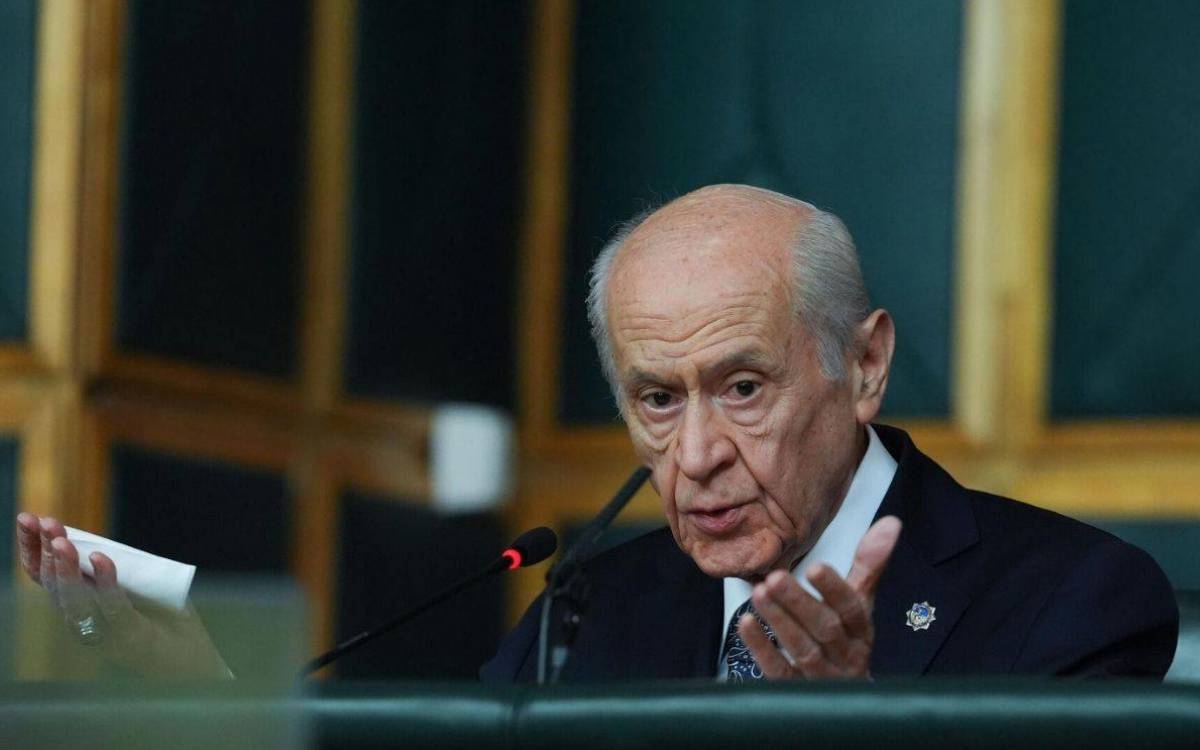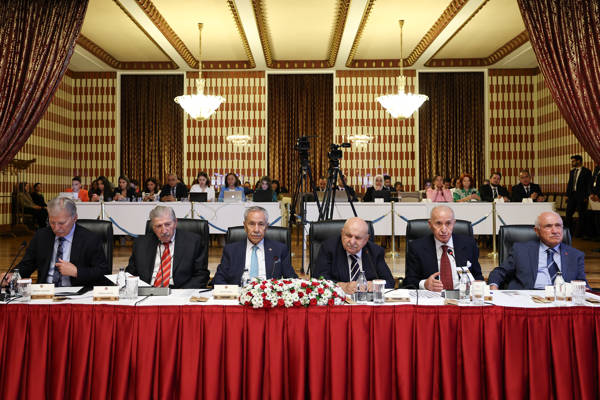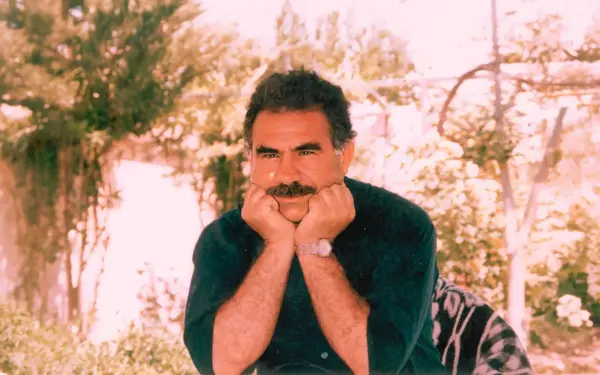Physical Address
Indirizzo: Via Mario Greco 60, Buttigliera Alta, 10090, Torino, Italy
Physical Address
Indirizzo: Via Mario Greco 60, Buttigliera Alta, 10090, Torino, Italy

Abdullah Öcalan, imprisoned leader of the Kurdistan Workers’ Party (PKK), has called on Arab tribes in northern and eastern Syria to support the Kurdish-led Syrian Democratic Forces (SDF).
“All people must be equal, free, live together, and govern themselves. Equality and justice must be built on this foundation. Kurds and Arabs should live together. This also depends on your support for the SDF. Your support is of great importance and meaning,” Öcalan said in a statement relayed through his lawyers, using the Kurdish acronym for the SDF.
His remarks stand in contrast to the position of Devlet Bahçeli, leader of the far-right Nationalist Movement Party (MHP) and an ally of President Recep Tayyip Erdoğan, who initated Turkey’s ongoing peace process with the Kurds in October last year. Bahçeli recently said Öcalan should call on the SDF to disarm as well as the PKK.
In an interview with pro-government Hürriyet columnist Nedim Şener last week, Bahçeli argued that Öcalan, as the PKK’s founder and “sole decision-maker” in its disbandment, should clarify that his Feb 27 call for disarmament extended to the SDF and to the PKK’s networks in Europe. “If Öcalan were to reiterate this, and ensure his call was fulfilled, it would end the debate,” Bahçeli was quoted as saying.
The SDF, however, insists it has no organic ties to the PKK and argues that Öcalan’s statements do not apply to them. Turkey considers the SDF the Syrian branch of the PKK.

In February, Öcalan called on the PKK “and all groups” to disband and abandon armed struggle. The PKK responded by announcing its dissolution at a May congress and began a symbolic disarmament process with a weapons-burning ceremony in July.
Yet the phrase “all groups” remains ambiguous. The PKK’s wider structure, known as the Kurdistan Communities Union (KCK), includes several armed wings. The People’s Defense Forces (HPG) is its main military arm. Other affiliated groups include the Sinjar Resistance Units (YBŞ) in Iraq, part of the Popular Mobilization Forces, and the Civil Defense Units (YPS), a militia of young fighters in Turkey.
By contrast, the SDF and its backbone, the People’s Protection Units (YPG), which operate in northern and eastern Syria, known to Kurds as Rojava, are not formally part of the KCK. On that basis, they reject claims of being under PKK command and argue Öcalan’s call does not bind them. Refusing to comply with Öcalan’s directive could, in practice, reinforce their argument of independence from the PKK.
However, such a stance risks provoking a military response from Turkey. On Sep 2, Bahçeli argued in a written statement that the disarmament process had stalled after the PKK’s July ceremony. He voiced concern that PKK members might have joined the SDF or YPG.
“Whether the offshoots of the terrorist organization will remain loyal to their leader, or submit to Zionist treachery, will soon become clear. The terrorist state of Israel continues to escalate its plots to divide Syria. It seems the SDF/YPG has fallen under Israel’s orbit. Genocidal Israel, through covert operations and armed force, is openly threatening Syria’s political and territorial integrity,” he said.
Bahçeli’s statement came a day after prominent Syrian Kurdish politician Salih Muslim warned that without a decentralized system in Syria, Kurds could turn to independence.

The Damascus government, supported by Turkey, signed an agreement in March for the SDF’s integration into Syria. The deal runs until the end of 2025, but it does not include any provision for the SDF to disarm.
Turkey’s main concern is growing Israeli influence over the SDF. Israel is reportedly seeking to establish ties with the group via the so-called “David Corridor,” linking the Druze community in southern Syria and the US-held al-Tanf base to SDF territory.
Öcalan himself referred to this dynamic, saying, ““They want to build Israel as the hegemonic power shaping strategy in the Middle East. It is a five-stage plan. The first three stages, Gaza, Lebanon, and Syria, are done. What remains are Iran and Turkey.

“Kurds are the indispensable element of this strategy. How is Israel taking control of this relationship, how does it want to use it? Right now, Israel’s only concern is to eliminate me. Qandil does not have the capacity to prevent this. Qandil is under Iran’s influence, while the SDF is under Israel’s. Only I can stop this.”
An Israeli-influenced Kurdish administration along its border remains Ankara’s biggest fear. How events will unfold, observers say, remains uncertain. (VK)